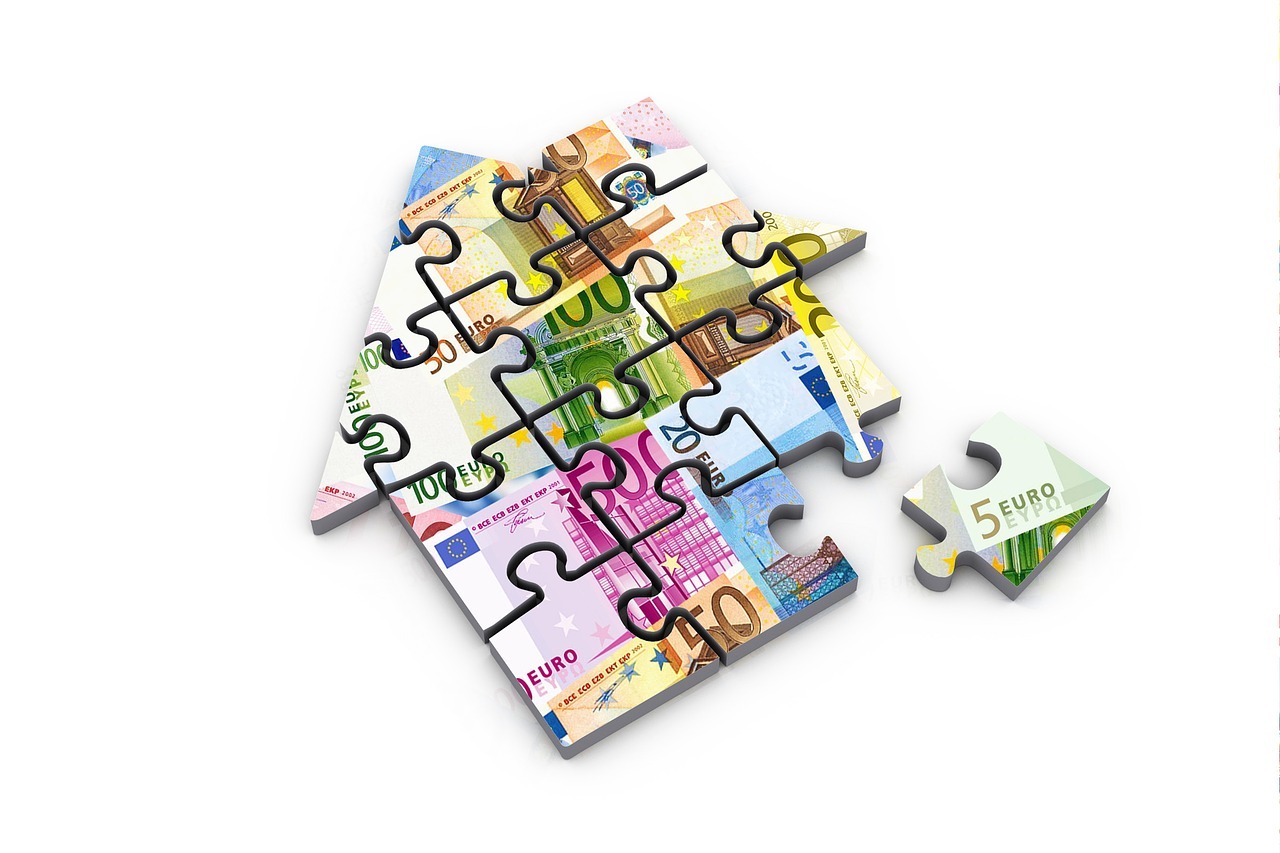US News published an interesting article on the mental and financial preparation you would need in order to be called a real estate investor. I have carefully read it and, as I have a good track record of real estate deals, I will try to tell you how to apply global principles to the Romanian market. The text below is useful especially for investors who are just getting started in the market.
A Global Perspective
According to the publication mentioned above, you need to take four steps in order to be successful in real estate.
- Get your personal finances in order. The guideline is the 50-30-20 rule, which says that you should spend 50% of your personal income on your needs, 30% on your desires and save the remaining 20%. Real estate acquisitions are made from surplus, i.e. savings.
- Prepare to learn new things. Learn about contracts, notary fees, letting contracts, a tenant’s rights, etc.
- Have you studied the market? It is not enough to keep an eye on apartment prices and the average rent in a certain area. You may also invest in real estate indirectly, by investing in a construction, an interior decoration company, or a real estate investment fund.
- Consider maintenance and renovation costs. If you have ever leased out an apartment, you will know that tenants ask for money for certain repairs and they are entitled to do that. Also, when a tenant leaves, you should be prepared to have to do some work on the house, even if the tenant has kept it in good condition.
The Romanian Perspective
Here are some things to consider when looking at the Romanian real estate market:
- Do you have the amount needed to make your first investment? Think about it this way: if you rent your apartment, you will get X, out of which you will get to keep X minus taxes, maintenance costs, etc. As time goes by, you will also build equity in the property (if you have a mortgage) or flat-out own it until you decide to sell. However, the initial amount will have to be available to you, as well as the money necessary for all other associated costs.
- Forget about speculation. The Romanian market is difficult and the time when you could buy a plot of land to build a house for X in order to resell it for 2X is long gone. Next year, the global economy might enter a recession, and this will change the course of the real estate market. To buy and sell property is indeed good business, but only for specialized investors with significant liquidity. If you want to make money from this kind of business, find a trustworthy real estate investment fund. Being successful will allow you to have enough liquidity and a background that recommends you for a substantial participation, with decision-making rights, in a bigger business.
- Think in perspective. Are we going to have a recession? If yes, the value of your property might drop. Real estate is, however, a business that involves long-term investments. More than the recession, what counts, in this case, is the development prospects of the area. For example, if we are looking at residential buildings, the center of Bucharest or of other big cities will most certainly have a tendency to increase in price more than the neighborhoods built during communism. An area that has massively developed, such as Lujerului in Bucharest, has doubled or tripled the value of neighboring properties, given the malls, hypermarkets, and transport facilities that have subsequently become available.
- Act with caution. I’ve already mentioned the recession and also the fact that it matters less in the long run. In the medium term, however, the Romanian real estate market is still a very volatile one, after the 2008-2010 crisis.
- Check your potential partners or tenants. When dealing with an investor, you can sometimes find them using a simple Google, Facebook, or LinkedIn search. Do your homework. If you find any red flags, sometimes it may be wise to just walk away.
- Keep in touch with real estate agencies. They have great information about the movement of properties in certain areas, as well as the prices they are being bought for (compared to what owners are asking for).
But on top of everything else, make sure you really take the time to learn about the market and understand what you’re putting your money into. That simple research can make the difference between a windfall and a freefall.


